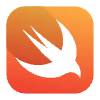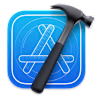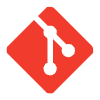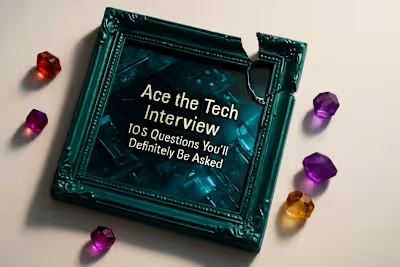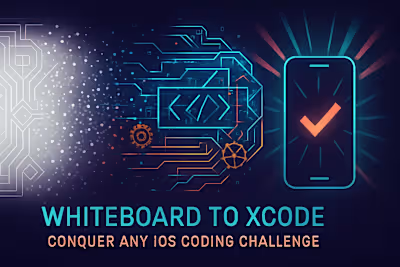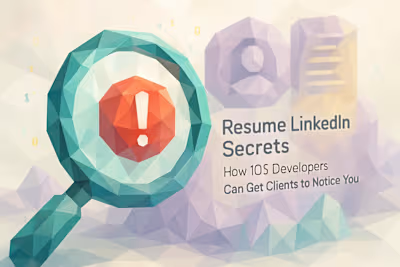Soft Skills, Big Impact: How iOS Developers Turn Interviews into Job Offers
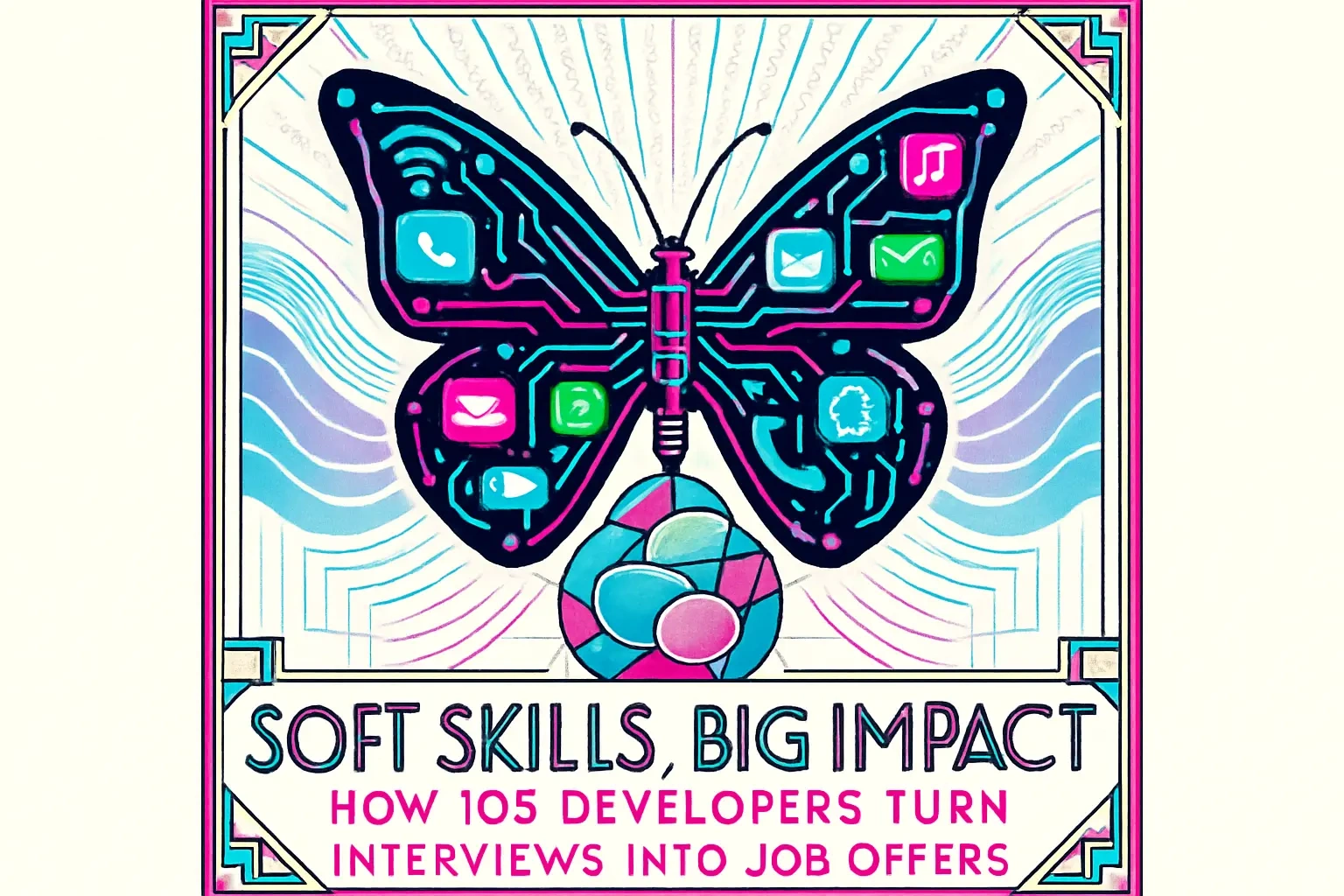
Soft Skills, Big Impact: How iOS Developers Turn Interviews into Job Offers
Why Soft Skills Are a Freelancer's Superpower
Building Trust and Rapport
Thriving in a Remote Environment
The 5 Most Important Soft Skills for iOS Developers
1. Proactive Communication
2. Empathetic Problem-Solving
3. Adaptability and a Learning Mindset
4. Time Management and Reliability
5. Collaboration and Teamwork
How to Demonstrate Soft Skills During the Interview
Using the STAR Method for Behavioral Questions
Asking Insightful Questions
Discussing Past Projects with a Focus on Collaboration
References
Soft Skills, Big Impact: How iOS Developers Turn Interviews into Job Offers
Why Soft Skills Are a Freelancer's Superpower
Building Trust and Rapport
Thriving in a Remote Environment
The 5 Most Important Soft Skills for iOS Developers
1. Proactive Communication
2. Empathetic Problem-Solving
3. Adaptability and a Learning Mindset
4. Time Management and Reliability
5. Collaboration and Teamwork
How to Demonstrate Soft Skills During the Interview
Using the STAR Method for Behavioral Questions
Asking Insightful Questions
Discussing Past Projects with a Focus on Collaboration
References
Posted Jul 6, 2025
Technical skills get you the interview; soft skills get you the job. Learn the crucial communication, collaboration, and problem-solving skills that clients look for in freelance iOS developers.

